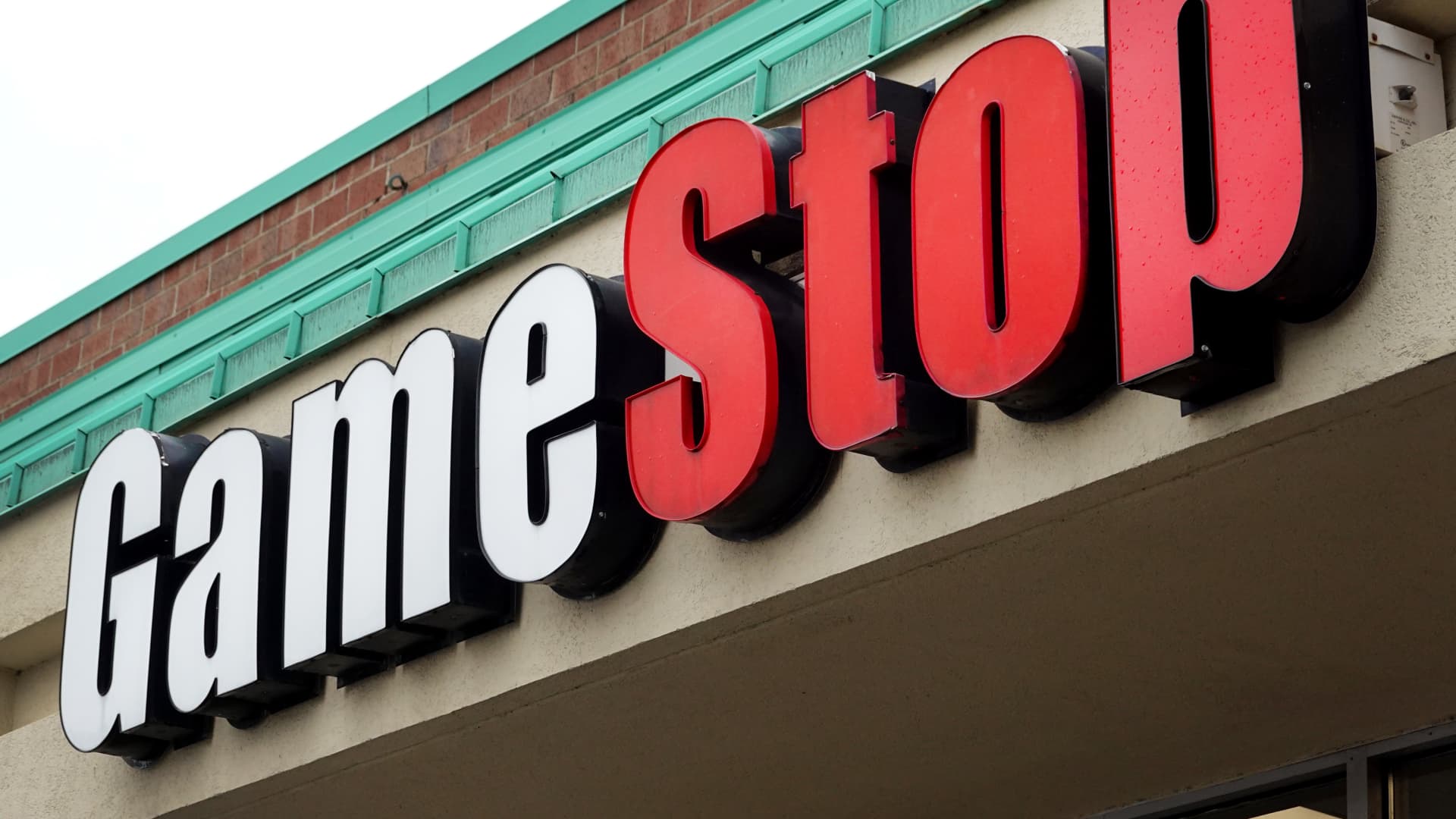Struggling retailer GameStop is giving its CEO and chair Ryan Cohen even more control, including the ability to use company cash to buy other stocks.
In its quarterly report released Wednesday night, GameStop announced two changes to its corporate investment plan: company cash can now be used to buy equities instead of just short-term debt, and that Cohen is in charge of the investments.
“Mr. Cohen directs the investment activity of the Company in public and private markets pursuant to authority granted by the Board of Directors. Depending on certain market conditions and various risk factors, Mr. Cohen, in his personal capacity or through affiliated investment vehicles, may at times invest in the same companies in which the Company invests,” the filing said.
“Such investments align the interests of the Company with the interests of related parties because it places the personal resources of Mr. Cohen at risk in substantially the same manner as the Company in connection with investment decisions made on behalf of the Company,” the filing continued.
The company did not hold a quarterly conference call with Wall Street analysts, but Wedbush’s Michael Pachter called the decision “inane” and “alarming.”
“Investors have a myriad of investment vehicles available to them and therefore do not need GameStop to act as a mutual fund. If GameStop truly believes in the value of its shares, it should use its excess cash to buy back stock,” Pachter said in a note to clients.
The change comes as Cohen’s attempted turnaround at GameStop is floundering.
The company reported net sales of $1.08 billion for the quarter ending Oct. 28, down 9% year over year and off 25% since the same period in 2019. The company’s net loss did shrink year over year, but that was largely due to aggressive cost cuts, including closing stores in Europe.
Cohen, the co-founder of Chewy, bought shares in GameStop in 2020 and joined the board in 2021 as GameStop became one of the key stocks in the WallStreetBets meme trading phenomenon. Cohen’s e-commerce experience fueled hopes that he could help modernize the brick-and-mortar video game retailer.
But the company never released a detailed turnaround plan and has churned through executives. GameStop fired CEO Matthew Furlong in June, and the company’s chief financial officer resigned shortly thereafter. Cohen was appointed to the CEO role in September.
Shares of GameStop closed at $14.84 per share on Wednesday, down more than 80% from their meme-trade high in January 2021. The stock rose nearly 2% Thursday.

Cohen’s status as a celebrity investor for the retail trader crowd has extended beyond GameStop, most notably trading in and out of Bed Bath & Beyond. That retailer filed for bankruptcy protection in April.
Cohen’s RC Ventures still owns 12% of GameStop, making him the company’s largest shareholder, according to FactSet.
Don’t miss these stories from CNBC PRO:
- Saudi Arabia is struggling to boost oil prices, raising possibility of supply war with U.S.
- Here’s where to invest $250,000 for the next 5 years
- Citi is so bullish on this biotech stock it gives it 800% potential upside
- ‘It’s beginning to look a lot like VIX-mas.’ What Wall Street’s fear gauge is saying right now
